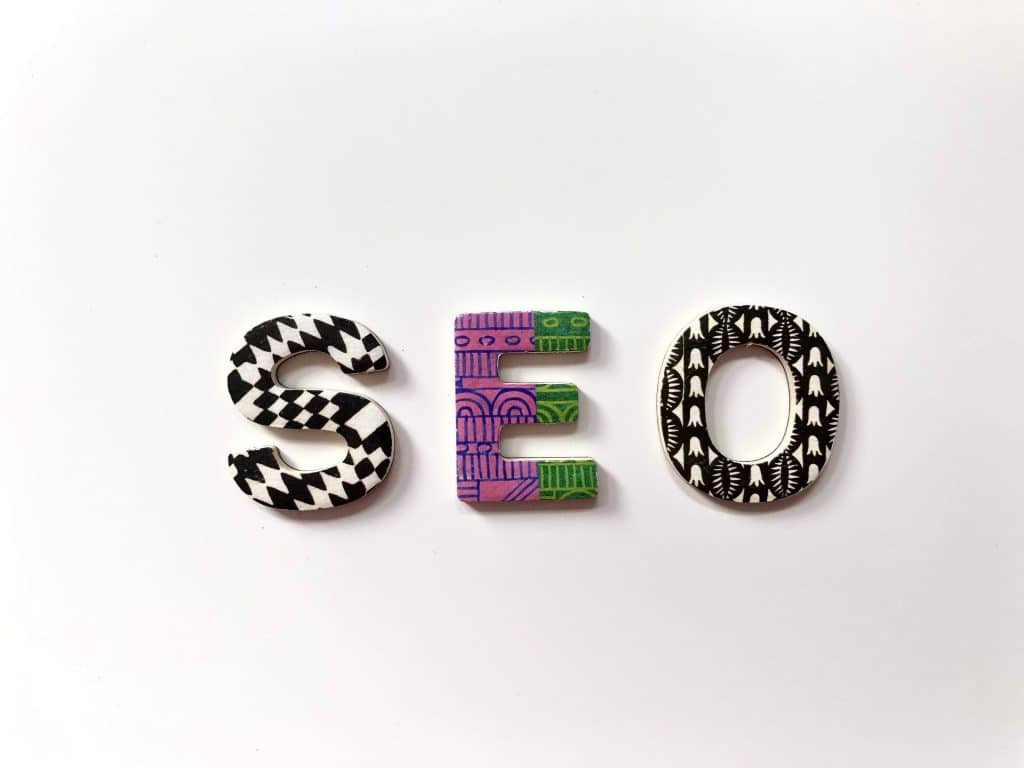If you’ve ever wondered why some websites rank higher than others on search engines, you’ve brushed up against the world of search engine optimisation (SEO). Today, SEO has become an integral part of any digital marketing strategy, shaping how businesses reach, engage, and convert their target audience.

SEO is a powerful tool in digital marketing, transforming a brand’s online presence, increasing visibility, and driving business growth. This article delves into the importance of SEO in a digital marketing strategy, demonstrating why this tool is indispensable in today’s digital landscape.
Understanding SEO
At its core, SEO is a set of strategies and techniques to boost a website’s visibility on search engine results pages (SERPs). It involves improving a website’s design and content to make it more attractive to search engines, thereby improving its ranking for relevant keywords and phrases.
Why is SEO Crucial for Digital Marketing?
There are several reasons why SEO has become a fundamental part of digital marketing:
- Visibility and Ranking: SEO helps websites rank higher on SERPs, increasing their visibility. The more visible a website is, the more likely it is to attract potential customers.
- Quality Traffic: SEO strategies attract organic (unpaid) traffic to your website. This type of traffic is valuable as it comprises individuals actively searching for products or services you offer.
- Credibility and Trust: High rankings on SERPs can improve your brand’s credibility. Internet users often perceive the top results on search engines as the most reliable and authoritative.
- User Experience: SEO involves improving a website’s design and content. By enhancing the site’s readability and navigation, SEO improves the overall user experience, influencing how long users stay on your site and whether they return.
Incorporating SEO into Your Digital Marketing Strategy
Given the significance of SEO, it’s important to incorporate it into your digital marketing strategy. Here’s how:
Keyword Research
Keyword research is a foundational SEO task identifying popular words and phrases people enter into search engines. This knowledge lets you optimise your content to align with these search queries, improving your site’s visibility and traffic.
On-Page SEO
On-Page SEO optimises individual web pages to rank higher and earn more relevant traffic. This includes optimising title tags, HTML tags (header and meta tags), and content.
Off-Page SEO
Off-page SEO refers to actions taken outside your website to impact your rankings within SERPs. This primarily involves building high-quality backlinks which signal to search engines that your website is valuable and worthy of citation.
Technical SEO
Technical SEO involves optimising your website and server to help search engine spiders crawl and index your site more effectively. This includes strategies like improving site speed, mobile optimisation, and securing your website.
Conclusion: Embracing SEO in Your Digital Marketing Strategy
SEO is not just an optional part of digital marketing – it’s a necessity. Through visibility and ranking, quality traffic, credibility and trust, and an enhanced user experience, SEO can significantly impact your brand’s online presence and success.
By incorporating SEO practices such as keyword research, on-page and off-page SEO, and technical SEO into your digital marketing strategy, you can harness the power of search engine optimisation, transforming your brand’s online presence and driving growth in today’s digital landscape.
So whether you’re a business owner, a marketing professional, or just someone curious about the digital world, understanding and implementing SEO is crucial to achieving online success. After all, in the fast-paced world of digital marketing, standing still is not an option. It’s time to embrace SEO and let it propel your brand to new heights.



![Why airlines make you put your phone on ‘Airplane Mode’ [TIPS]](https://myitside.com/wp-content/uploads/2021/03/artworks-000299325756-0h6hg6-t500x500.jpg)


